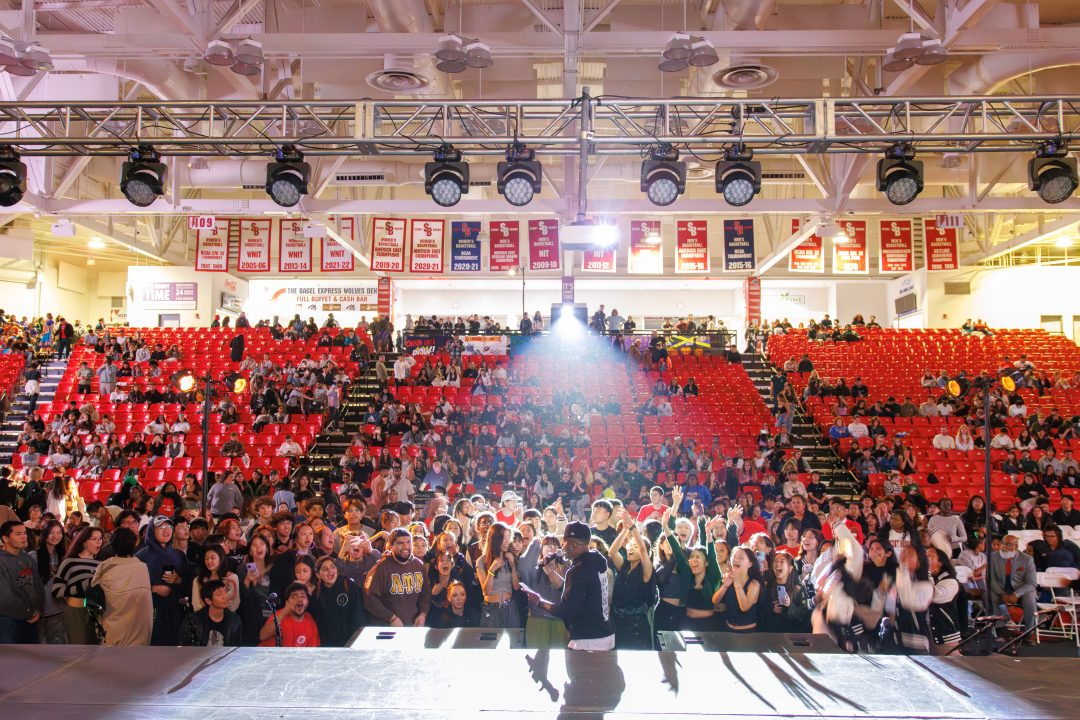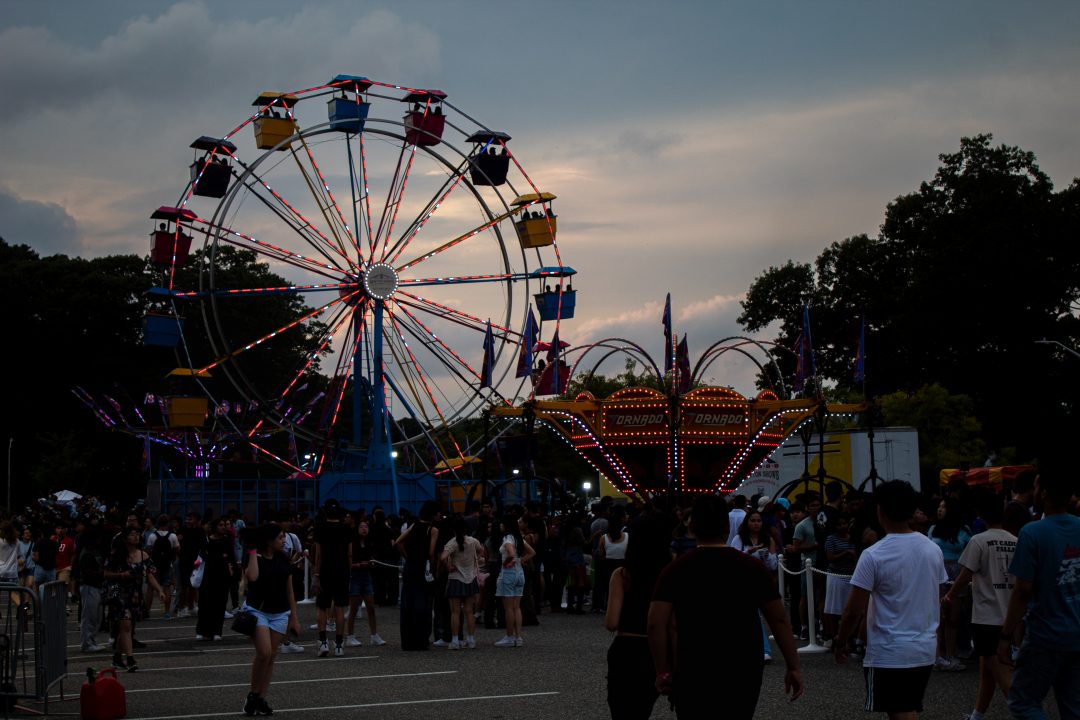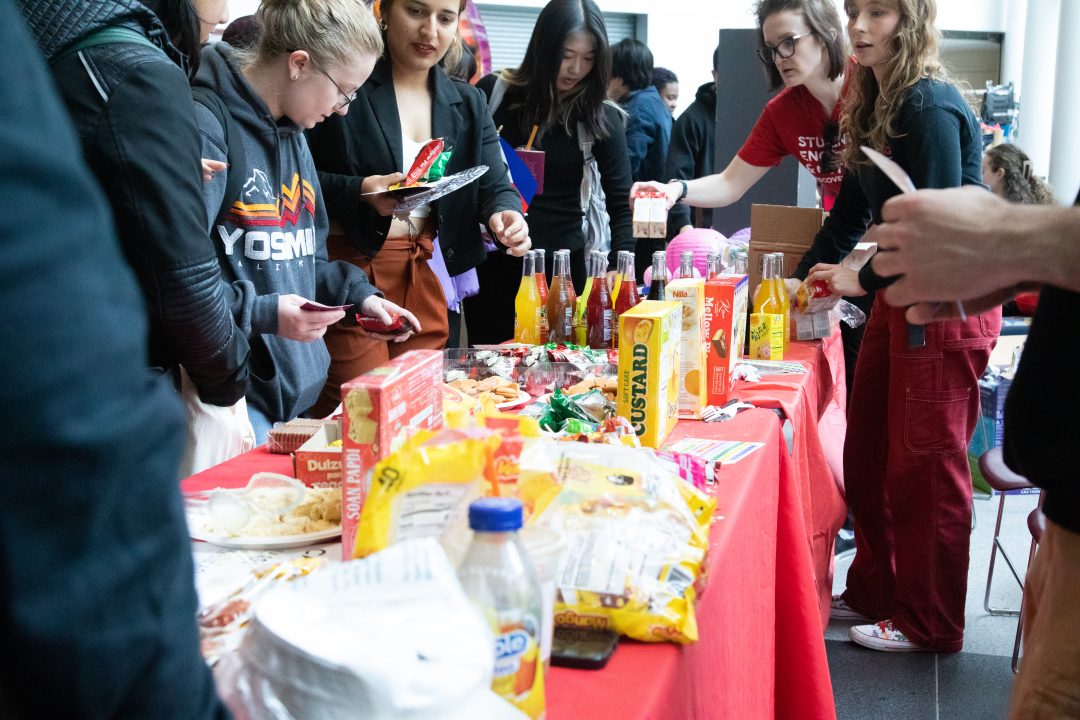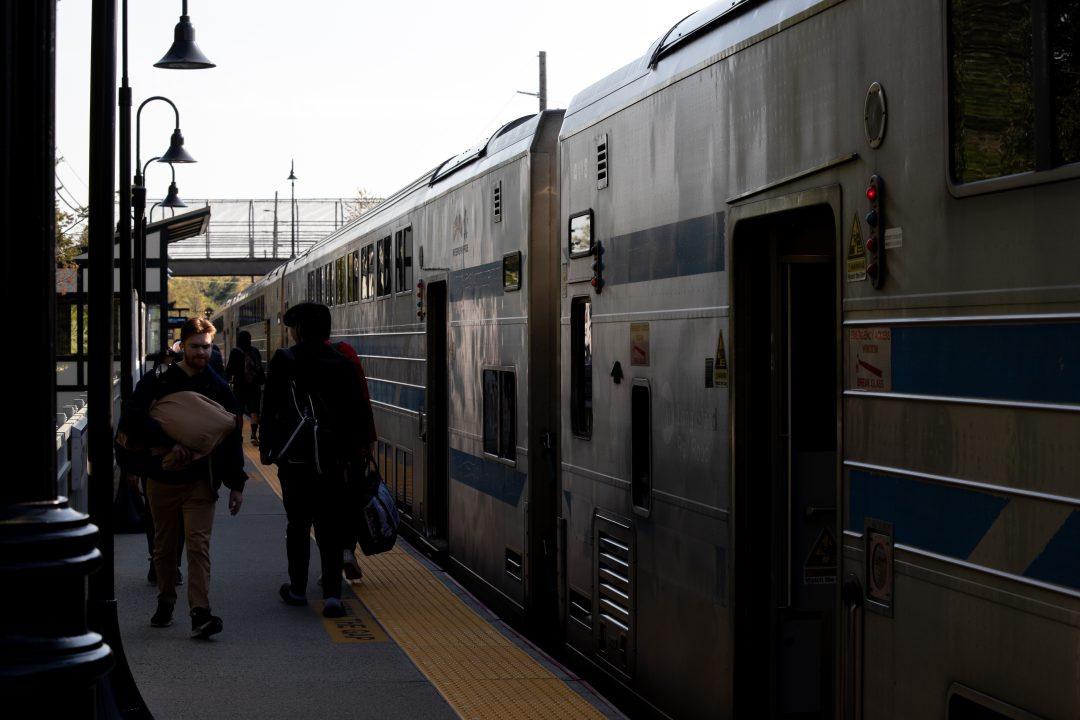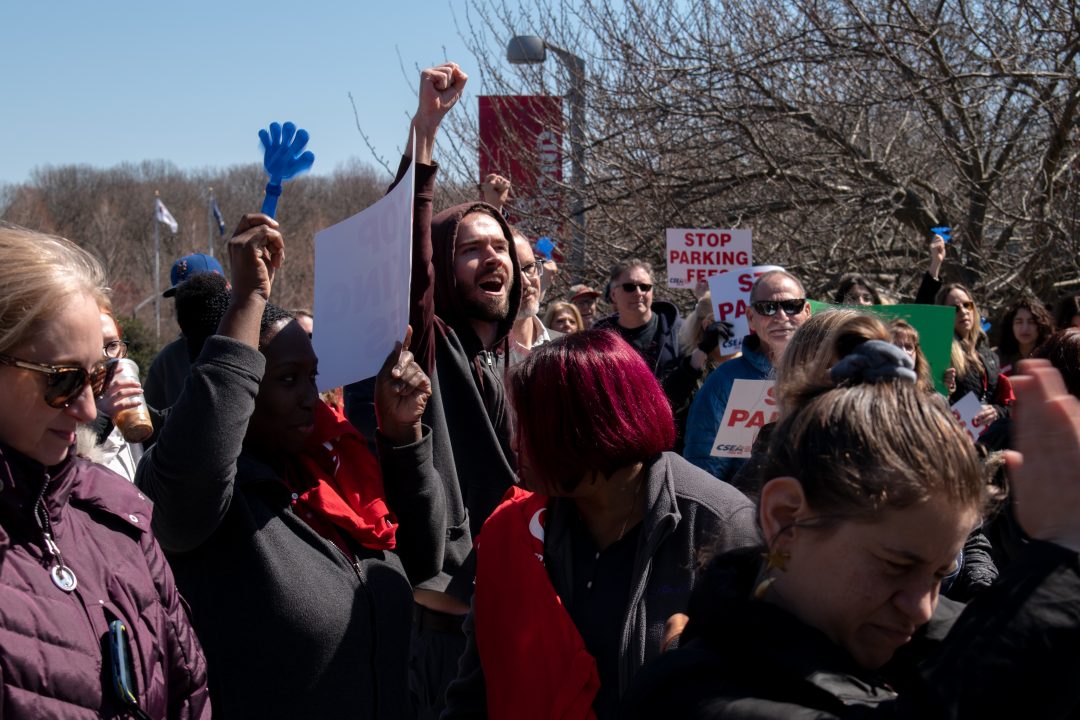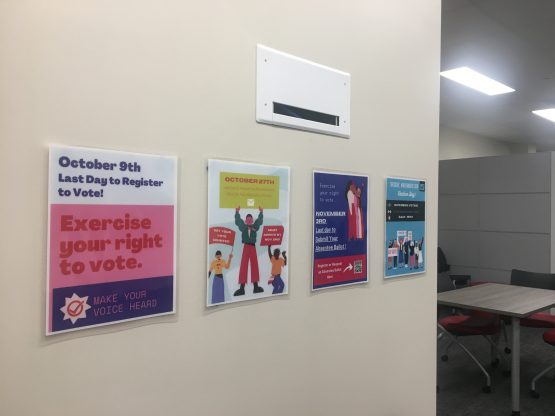
The Stony Brook University’s Center for Civic Justice hosted a community dialogue titled “We Voted, Now What?” on Nov. 4 as the country held its breath for a second night in a row in anticipation of the election results.
The community event held on Zoom brought together students, faculty and staff to discuss their emotions and opinions about the unusual election year. Among anxieties about political division and an extremely close presidential race, the Center for Civic Justice sought to foster unity within Stony Brook’s campus community. “We Voted, Now What?” was the first event in a series of post-election day programming and support events that will run until Nov. 20.
“Oftentimes, we find that while people might have differing perspectives about a range of issues, fundamentally, we believe in similar ideals,” Steven Adelson, coordinator for the Center for Civic Justice, said. “The differences come with what we want to do to address these issues.”
The event kicked off with a brief overview of election night and the following day, as well as a set of guidelines to ensure a respectful conversation would take place. A 13-page election recap timeline created by student workers at the Center for Civic Justice was sent to all attendees in order to provide context for the discussion.
Three themes were introduced to guide the night into sections: “Your Voting Experience,” “What’s At Stake?” and “We Voted, Now What?” Each section was discussed for 30 minutes.
The 60 attendees were split into Zoom breakout rooms that were facilitated by at least two faculty and staff members. Typically, community dialogues are hosted by a mixture of student interns from the Center for Civic Justice, faculty and staff. For this night, however, Adelson said he received a “high volume of interest” from staff to help facilitate the breakout groups so all students could focus instead on the discussion. Greta Strenger, a student support associate, decided to help facilitate because she felt her past experiences were “insightful, inspiring and have instilled hope in the future.”
“To be in discussion with students, faculty and staff during this time was a much-needed space to process,” Strenger said.
For the first theme of the night, groups of attendees deliberated on the alternative voting methods offered in this year’s election, the impact of social media on their decision making and factors that influenced which voting option they chose. Freshman history major Iman Hayee was eligible to vote for the first time this year. Although she was worried about COVID-19, she decided to vote in-person.
“I just wanted to experience voting at the polling station for my first time voting,” Hayee said. “It eased my nerves to see my ballot actually go through.”
The second theme allowed participants to describe how the election could personally impact them and gave them the opportunity to voice issues they were most concerned about. Some people explained how their religion and ethnicity impacted how they voted this year. Others brought up healthcare and the environment as topics they deemed most important for the country.
“As a Muslim woman and daughter of immigrants, it’s essential to discuss the aftermath of the election with others also affected by the policies of the Trump administration and those who have different perspectives,” Shorooq Omran, junior biology and political science major and Center for Civic Justice intern, said.
In theme three, students and facilitators opened up about how they were feeling a day after the election had begun. Members of the group shared how they were coping with the long election process, from early voting to delayed election results. Some were limiting social media usage. Many said that they turned to family and friends in order to keep their minds off the election, and leaned on each other for emotional support.
After the breakout rooms closed, all attendees gathered together in the main Zoom room for their reflections.
“I did feel less anxious after the event,” Omran said. “Having everyone share their own experiences in how they changed in political advocacy and education in the last four years was comforting to hear.”
“The time we shared was a reminder to me of how important it is to exchange in dialogue, listen and process together,” Strenger said. “I gained so much insight from the stories and perspectives students shared. We are stronger when we are in community with each other.”
Other events part of the ‘We Voted, Now What?’ post-election day programming and support series include an Anxiety 101 workshop hosted by the Counseling and Psychological Services and a campus clean-up run by the Environmental Club. A full listing of events can be found on SBEngaged under the Seawolves Support, Seawolves Engage and Seawolves Learn category filters.











